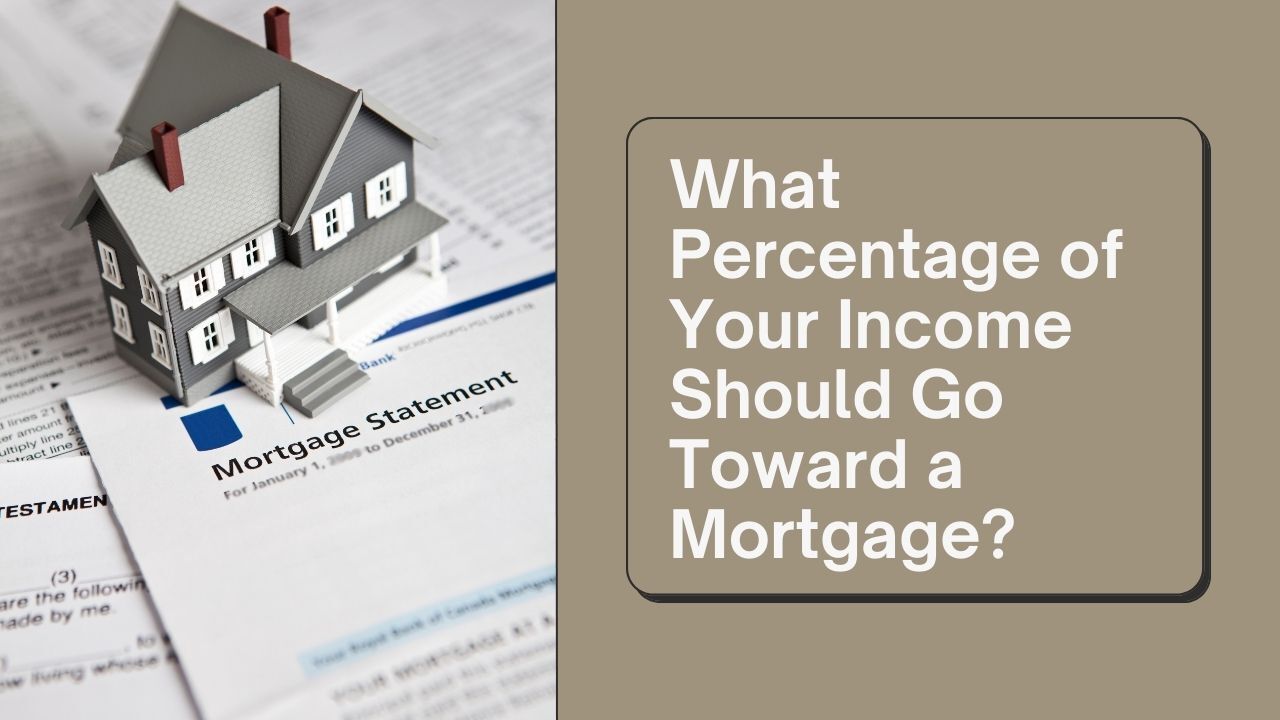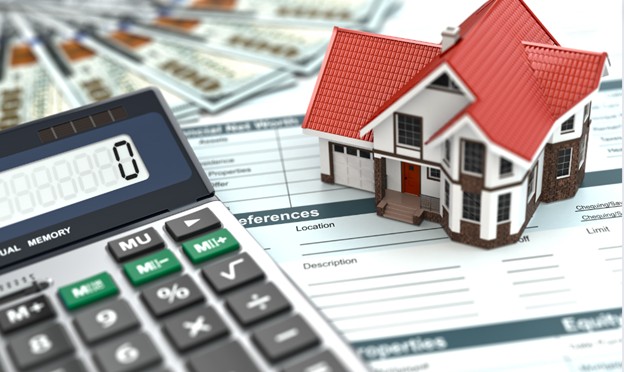What Percentage of Your Income Should Go Toward a Mortgage?
 When buying a home, one of the most critical financial decisions is determining how much of your income should go toward your mortgage. Striking the right balance ensures that you can comfortably afford your home without stretching your budget too thin. Lenders use various guidelines to help buyers determine affordability, but personal financial goals and lifestyle should also factor into the decision.
When buying a home, one of the most critical financial decisions is determining how much of your income should go toward your mortgage. Striking the right balance ensures that you can comfortably afford your home without stretching your budget too thin. Lenders use various guidelines to help buyers determine affordability, but personal financial goals and lifestyle should also factor into the decision.
General Mortgage Affordability Guidelines
A common rule of thumb is the 28/36 rule, which lenders often use when evaluating mortgage applications:
- 28% Rule: Your monthly mortgage payment (including principal, interest, property taxes, and homeowners’ insurance) should not exceed 28% of your gross monthly income.
- 36% Rule: Your total debt payments (mortgage, credit cards, student loans, auto loans, etc.) should not exceed 36% of your gross monthly income.
For example, if you earn $6,000 per month before taxes, your recommended mortgage payment would be around $1,680 (28%), and your total monthly debt obligations should be no more than $2,160 (36%).
Factors That Influence How Much You Should Spend
While the 28/36 rule provides a helpful guideline, several factors may influence how much of your income should go toward your mortgage:
1. Your Debt-to-Income (DTI) Ratio
Lenders use your debt-to-income (DTI) ratio to assess affordability. Some loan programs allow for higher DTIs:
- Conventional loans typically require a DTI under 43%.
- FHA loans may allow DTIs up to 50% in some cases.
- VA loans consider DTI but also look at residual income, offering more flexibility.
A lower DTI makes you a more attractive borrower and may help you qualify for better interest rates.
2. Your Down Payment
A larger down payment reduces the loan amount, which can lower your monthly mortgage payment and improve affordability. If you put down 20% or more, you also avoid private mortgage insurance (PMI), further reducing costs.
3. Your Lifestyle and Financial Goals
Your mortgage payment should allow you to maintain a comfortable lifestyle while saving for retirement, emergencies, and other financial goals. If you prioritize travel, investing, or other expenses, you may want to keep your mortgage below the recommended 28% threshold.
4. Location and Cost of Living
Housing costs vary significantly by location. In high-cost areas, buyers may need to allocate a larger percentage of their income to housing, while in lower-cost regions, a smaller percentage may suffice.
Finding the Right Mortgage Payment for You
To determine an affordable mortgage payment:
- Calculate Your Monthly Income – Use gross (pre-tax) income as a starting point.
- Factor in Existing Debts – Consider car loans, student loans, credit cards, and other obligations.
- Estimate Homeownership Costs – Beyond mortgage payments, account for property taxes, insurance, HOA fees, and maintenance.
- Use a Mortgage Calculator – Online tools can help you estimate affordability based on income, interest rates, and loan terms.
While the 28/36 rule provides a solid framework, your ideal mortgage payment should align with your personal financial situation and long-term goals. Before committing to a home loan, assess your budget, factor in all homeownership costs, and ensure you have room for savings and discretionary spending. Consulting with a mortgage professional can help you determine the right loan amount and structure to fit your needs.

 Knowing how to calculate mortgage payments can help you plan for homeownership and budget effectively. Several factors determine your monthly payment, including the loan amount, interest rate, and loan term. Here’s a step-by-step guide to understanding the process.
Knowing how to calculate mortgage payments can help you plan for homeownership and budget effectively. Several factors determine your monthly payment, including the loan amount, interest rate, and loan term. Here’s a step-by-step guide to understanding the process. If you are thinking about buying a new home shortly, you may already be searching online to get a feel for the different types of homes available in the local area. You may have reviewed your budget, and you may have a fair idea about a sales price that is comfortable for you to afford.
If you are thinking about buying a new home shortly, you may already be searching online to get a feel for the different types of homes available in the local area. You may have reviewed your budget, and you may have a fair idea about a sales price that is comfortable for you to afford.